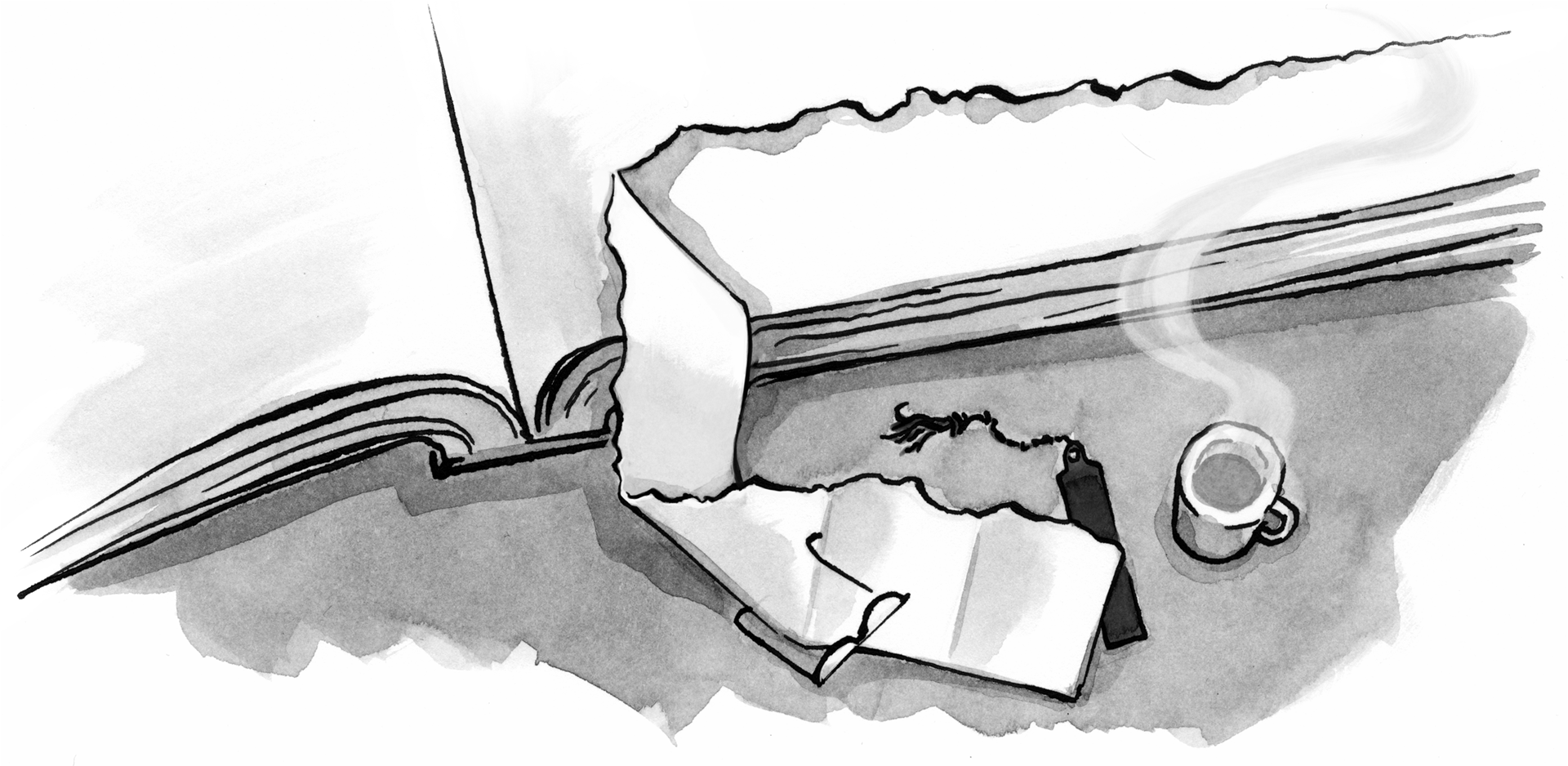When I started working on websites over twenty years ago, the Web was going to change the world in a positive way. With the exception of some CD-ROM based publications, we were in a paper-based system of knowledge distribution and consumption. Yes, you could email files to people, but internet connections were slow and not everyone had an email account. Even the original digital distribution technology, the fax machine, primarily went from paper to paper.
So in the late 1990s, we set out to create Web sites to help save the world. We were going to replace printed newspapers and magazines for news, bound technical and instruction manual books, and anything else we could find. We could reduce the number of trees that would have been cut down to make paper, limit fuel used to ship physical copies, and save time spent waiting for physical copies to arrive. We would also save user’s time by providing searchable documents that were easy to find content, as well as easy digital storage, rather than bookcases and file cabinets.
What could go wrong?
In his latest article Webwaste, recently posted on “A List Apart”, Gerry McGovern addresses the creation and expansion of the Web, in light of the energy costs and pollution associated, in its exponential growth, and how at least some of this problem could be avoided.
An old adage is a picture is worth a thousand words. But, a thousand words in plain text takes up maybe 6KB of storage and data transfer while a single image on the web could be anywhere from 10–1,000 times as much. Now, with video consumption accounting for 60–70% of total internet traffic, those thousand words take up a thousand or more times as much storage and data transfer as “moving pictures.”
Now, we need to weigh the energy and environmental costs of creating, storing, transferring, and displaying video instead of text. Pre pandemic, it is estimated data centers alone used around 1% of global energy, and emitted as much pollution as the commercial airline industry. And this doesn’t factor in the data transfer networks nor the devices used to create and display the content (e.g. computers, tablets, phones, smart TVs, etc.). To further exacerbate the problem, with so many people at home during the pandemic, users are putting a strain on the data transfer capabilities of the networks that comprise the Internet and the Web.
What can we do about this? McGovern suggests that as developers, designers, content creators, and website managers we can look at making content more efficient. More text and smaller images save storage, transfer, and processing necessary for rendering. Extensive advertising networks that can make fifty or more calls per page and add extensive code to pages that must be downloaded and rendered by the client, and hosted, served, and transferred by servers and network infrastructure.
In addition to saving the environment, we sought to allow people to become more efficient. Did we fail at that as well? Early on we were making news and informational websites and never dreamed people would spend so much of their time watching music videos on YouTube and sharing LOL Cat memes. In addition to wasting time, are we slowly killing the planet when we do so?
McGovern refers to the engaging Website Carbon Calculator to look at the real economic impact of rich media and inefficient code. How much could we reduce fossil fuel use and carbon emissions if we wrote more efficient code and made more strategic use of better-optimized images?
In the end, maybe Grumpy Cat will have the last laugh after our meme addiction leads to the melting of the polar ice caps? There is no better time than now to reinvent the Web and save the world.
Story edit: I have just learned of the unfortunate event of Grumpy Cat's passing in May of last year. I send condolences to Grumpy Cat's family. I am also fairly certain the Dramatic Chipmunk will be giving me his renowned death stare after reading this oversight on my part.



Add new comment